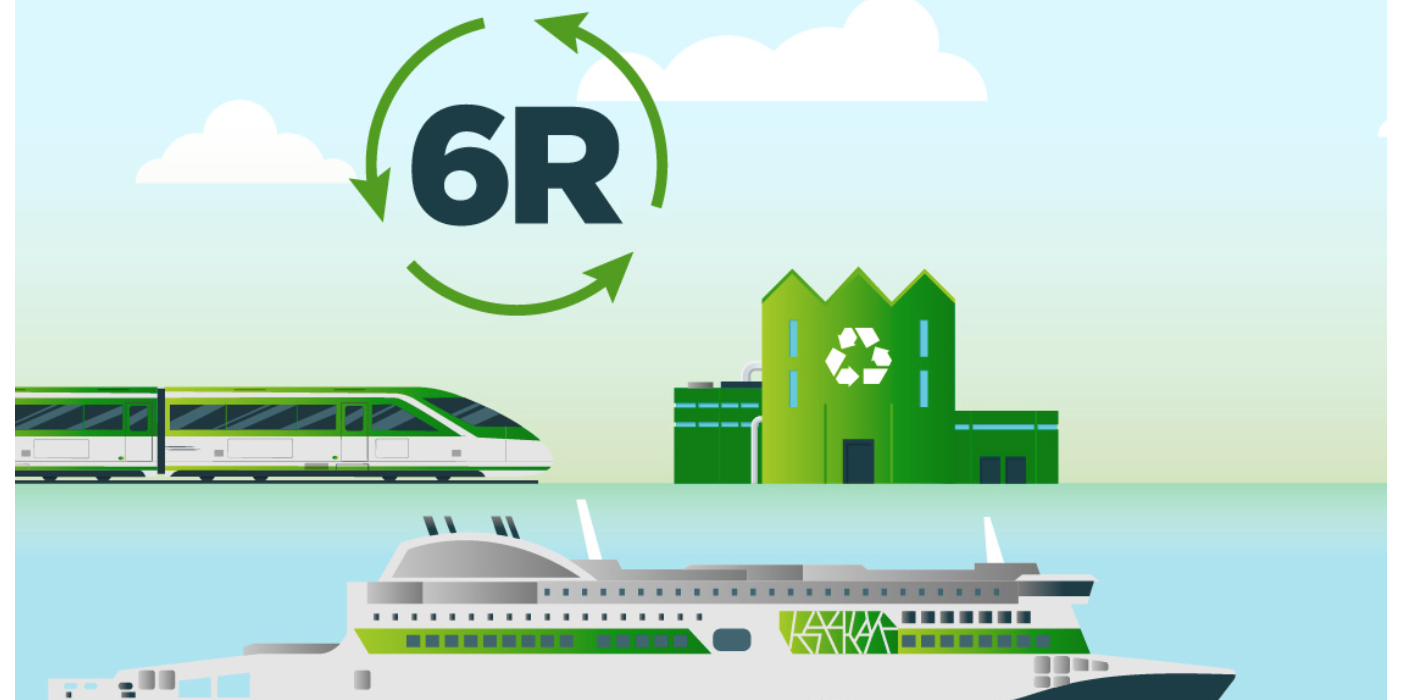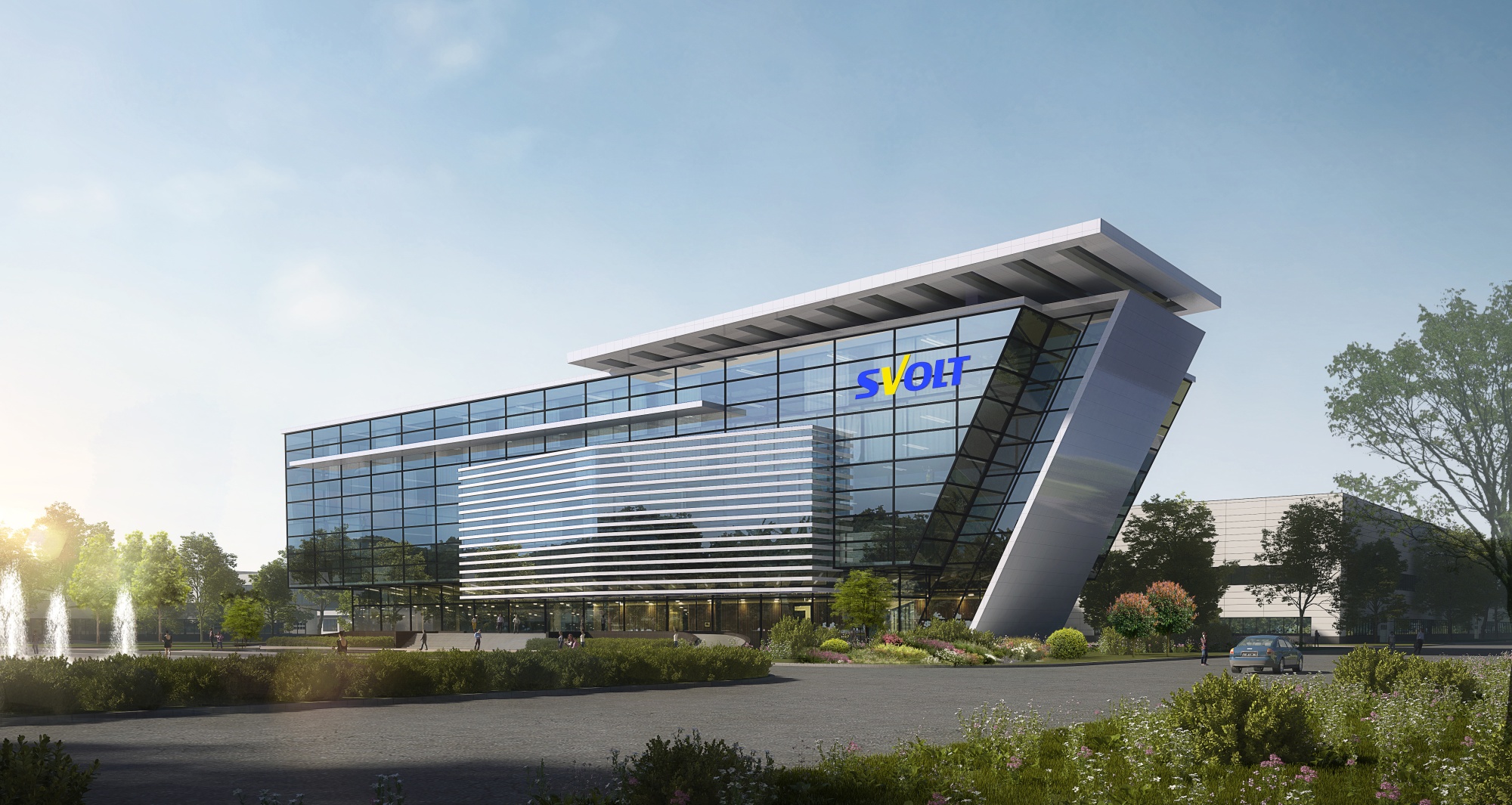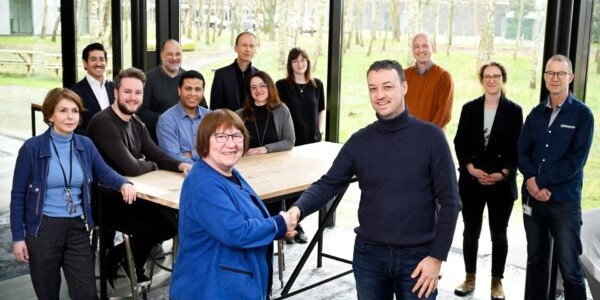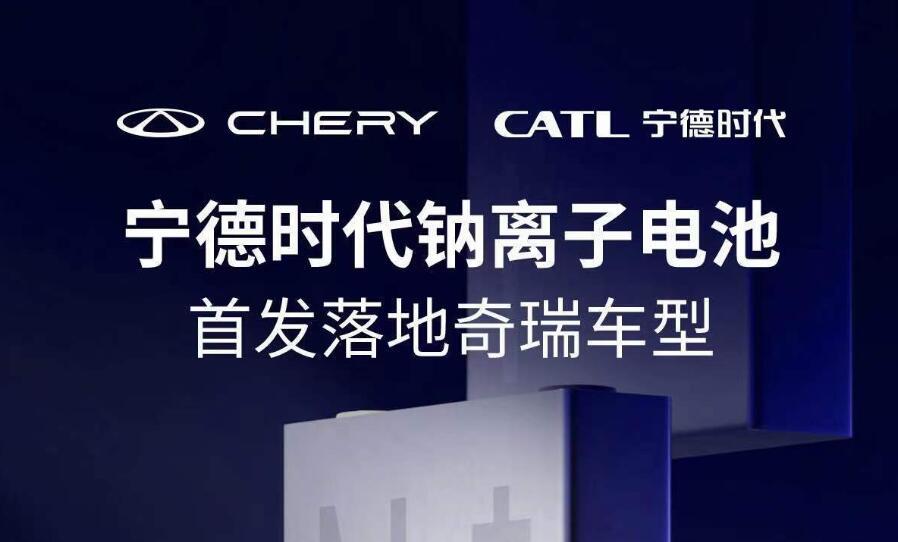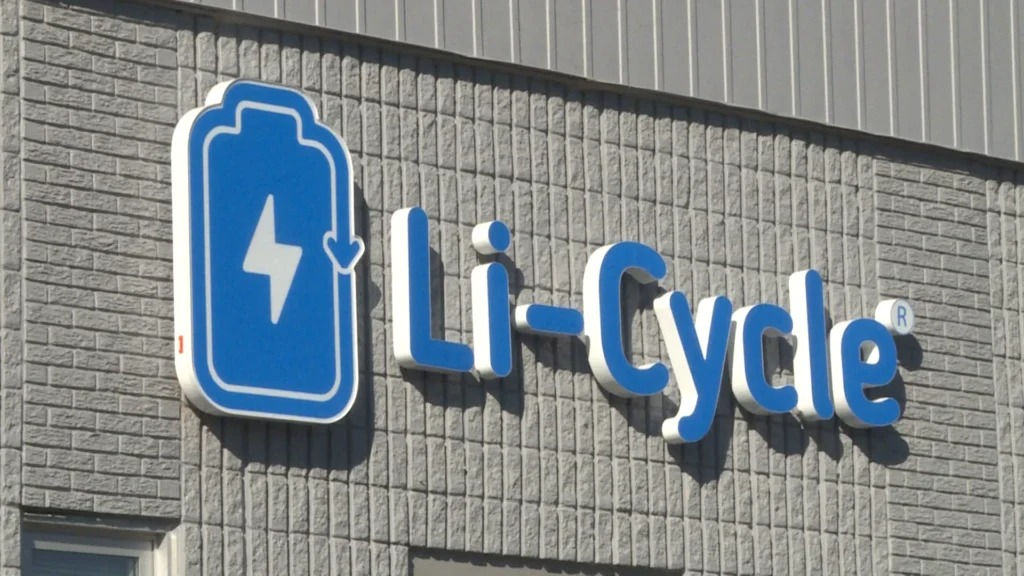Swiss energy storage specialist Leclanché has developed a new concept that aims to revolutionize the circular economy of battery life. The 6 “R’s” of Leclanché’s circular economy concept stand for Reliability, Repowering, Reuse, Recycling and Recycled Content, and Record, which spans the entire life cycle of its lithium-ion batteries. The concept anticipates compliance with new EU regulations on batteries, which are expected to come into force in the second half of 2023.
The new Battery Directive aims to promote the circular economy, including the entire battery life cycle – from production to reuse and recycling, with minimum targets of recovered raw materials. The directive is an ambitious move towards reducing the environmental impact of batteries while also keeping battery raw materials in use, which has positive economic and geopolitical impacts.
Leclanché’s 6R approach is in line with the new EU directive. The batteries are to be monitored and maintained to extend their life, with whole batteries or individual components being reused in a second-life application. If damaged or after the end of their further use, they will be recycled and used for the production of new batteries. In addition, the raw materials will be traceable, which is an essential factor in ensuring a sustainable and circular battery economy.
Pierre Blanc, Group CEO and CTIO of Leclanché, welcomed the circular approach of the new EU directive. He believes that the upcoming requirements are ambitious and will call for more environmental and greater value creation of battery production throughout Europe. Battery production has a strategic importance that we must live up to, with Leclanché at the forefront of this development.
Leclanché has operated a European production line for lithium-ion cells and complete battery systems in Germany and Switzerland since 2009. The company uses a proprietary water-based process which completely eliminates the use of the highly toxic organic solvents that are otherwise common in the production process. This process is a significant step towards a cleaner and more sustainable production process for batteries.
In addition to their efforts towards circularity, Leclanché has also secured a supply agreement for battery systems for two hybrid ferries. The electric ferries will later be used around the islands of Islay and Jura, which are two of Scotland’s most southerly Inner Hebrides islands. Each ferry will be equipped with Leclanché’s Navius MRS-3 battery system with 1.1 MWh capacity and an integrated liquid cooling system.
See also: Stellantis targets the minimum percentage of recycled materials in its vehicles to be 35%
Leclanche was also selected as the battery provider for two hybrid vessels built for Stena Line and Brittany Ferries. The ‘E-Flexer’ ferries will be the world’s largest hybrid vessels and run between England and France.
Leclanché’s efforts towards circularity and sustainability in battery production are commendable. Their innovative approach to battery life-cycle management, along with their commitment to using a cleaner production process, sets them apart as leaders in the industry. As we move towards a cleaner and more sustainable future, Leclanché’s efforts will play a significant role in creating a circular economy for batteries.

